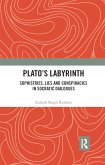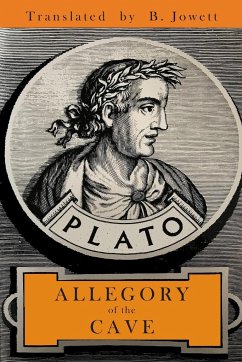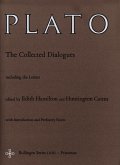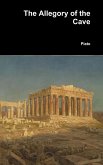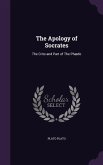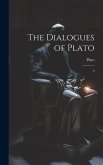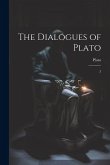Socrates, one of the first of the great philosophers, left no written works. What survives of his thought are second-hand descriptions of his teachings and conversations--including, most famously, the accounts of his trial and execution composed by his friend, student, and philosophical successor, Plato. In Euthyphro, Socrates examines the concept of piety and displays his propensity for questioning Athenian authorities. Such audacity is not without consequence, and in the Apology we find Socrates defending himself in court against charges of impiety and corruption of the youth. Crito depicts Socrates choosing to accept the resulting death sentence rather than escape Athens and avoid execution. All three dialogues are included here, as is the final scene of Phaedo, in which the sentence is carried out.
Bitte wählen Sie Ihr Anliegen aus.
Rechnungen
Retourenschein anfordern
Bestellstatus
Storno


